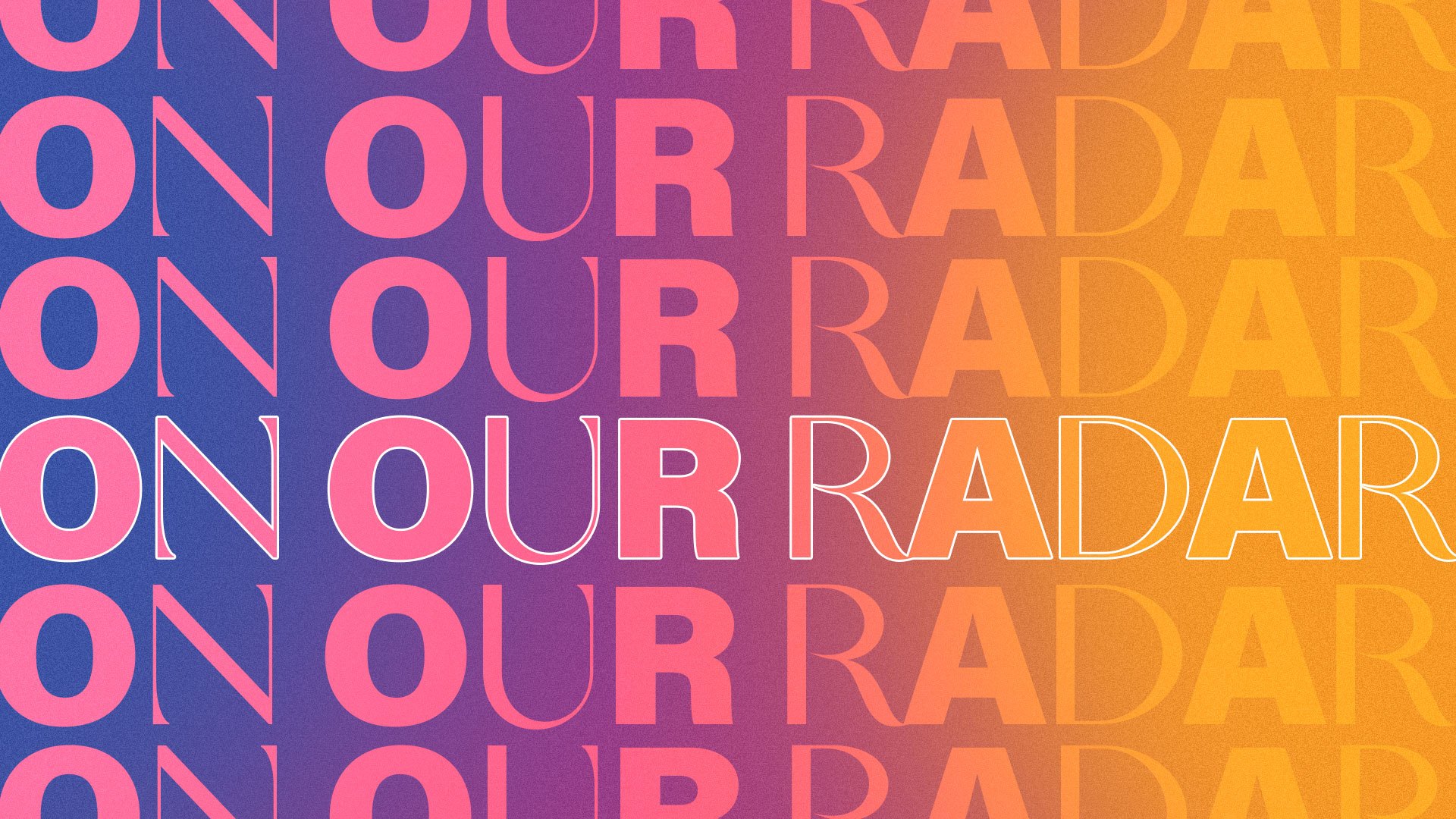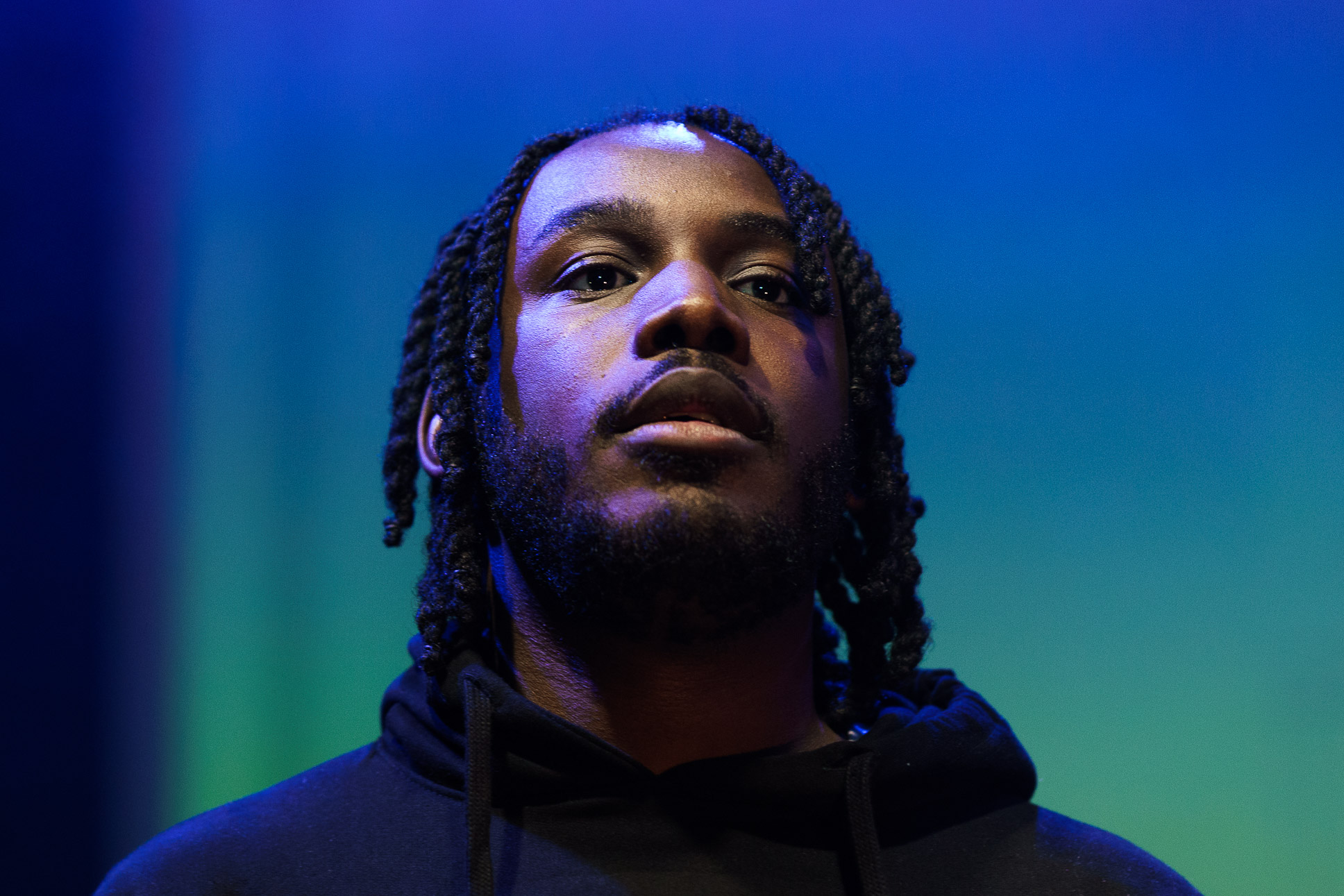Celebrating Black Women, Claiming A Seat At The Table
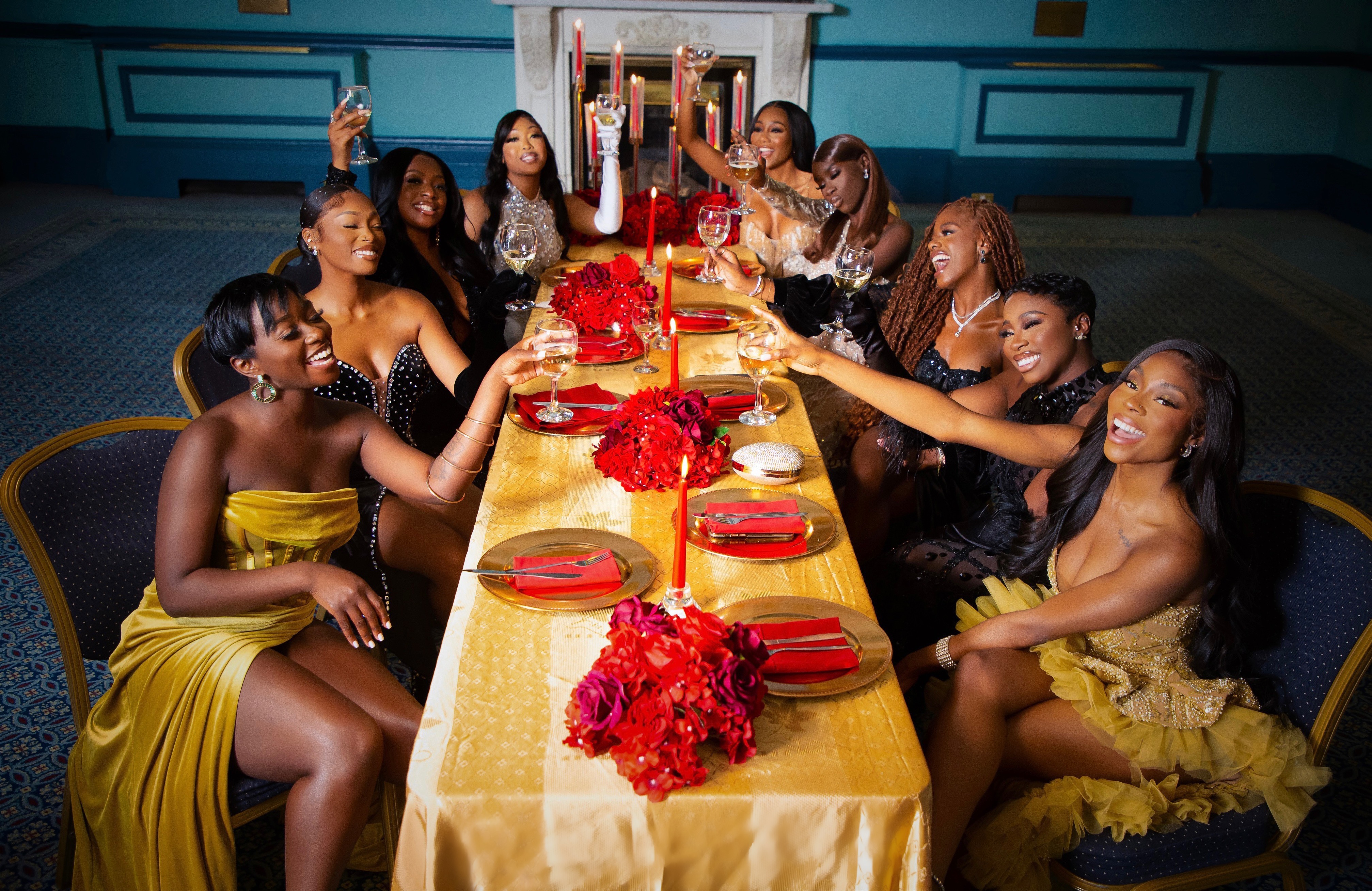
We live in world that never leaves us with enough time to fully assess the intricate details of who we are. I start by highlighting this unfortunate consequence of living in a fast-paced society, so that we can relate it to the condition of the Black British Identity. On a macro scale, beyond the existential crisis’ we may face as individuals, we are all tasked with finding our places within the various communities that we belong to. And in a way, right now, Black Brits are in a phase of collective adulting – where we are defining the boundaries of our culture, and our identity is developing into one that is internationally recognisable. From our arrival in the U.K. until now, our identity has been diverging from our Afro-Caribbean roots and pivoting from its American influences to create something entirely new and unique. And just like 20 something year olds who aren’t given much opportunity to stop and question every step they take, many of us are fumbling into this sense of Black Britishness, asserting our identity before a global stage, without pausing to conceptualise what it actually means to be Black and British.
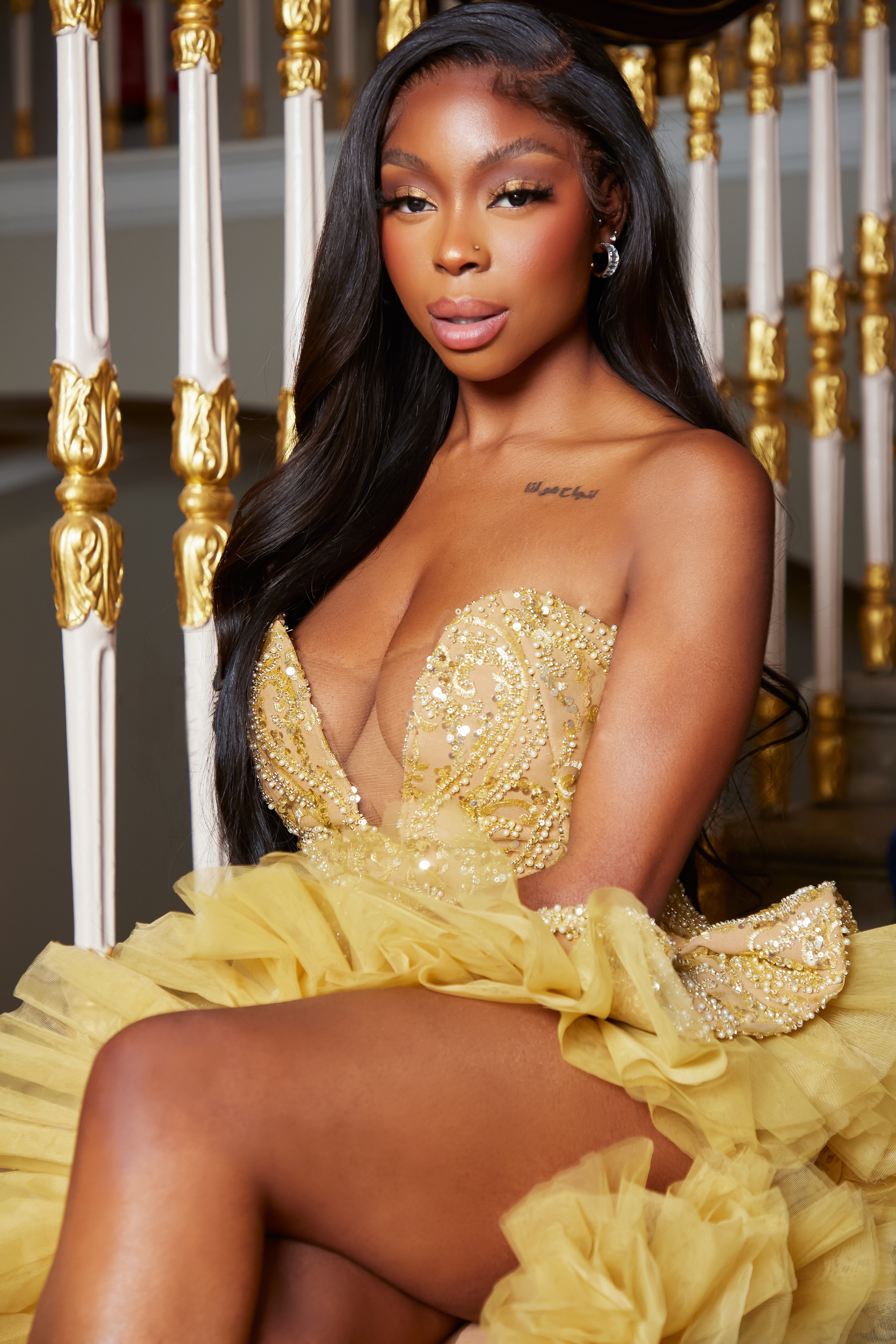
In itself, Black Britishness is a complex label: it is an amalgamation of 1st, 2nd, and 3rd generation immigrants from an array of African and Caribbean countries and for an extensive range of reasons. Windrush, civil wars and painful decolonisation processes have led to our grandparents, parents and therefore us, finding ourselves here in a land we call our home whilst all subconsciously also viewing our motherlands as being our homes. And yet, there is still a sense of pride that we feel when celebrating British achievements. This duality of being Black and British, of being at home but having homes that are miles away, is what has birthed our beautiful culture. With the rise of platforms such as No Signal, GUAP, DLT, Recess and many many more, we are only just getting to grips with making our mark across the world.
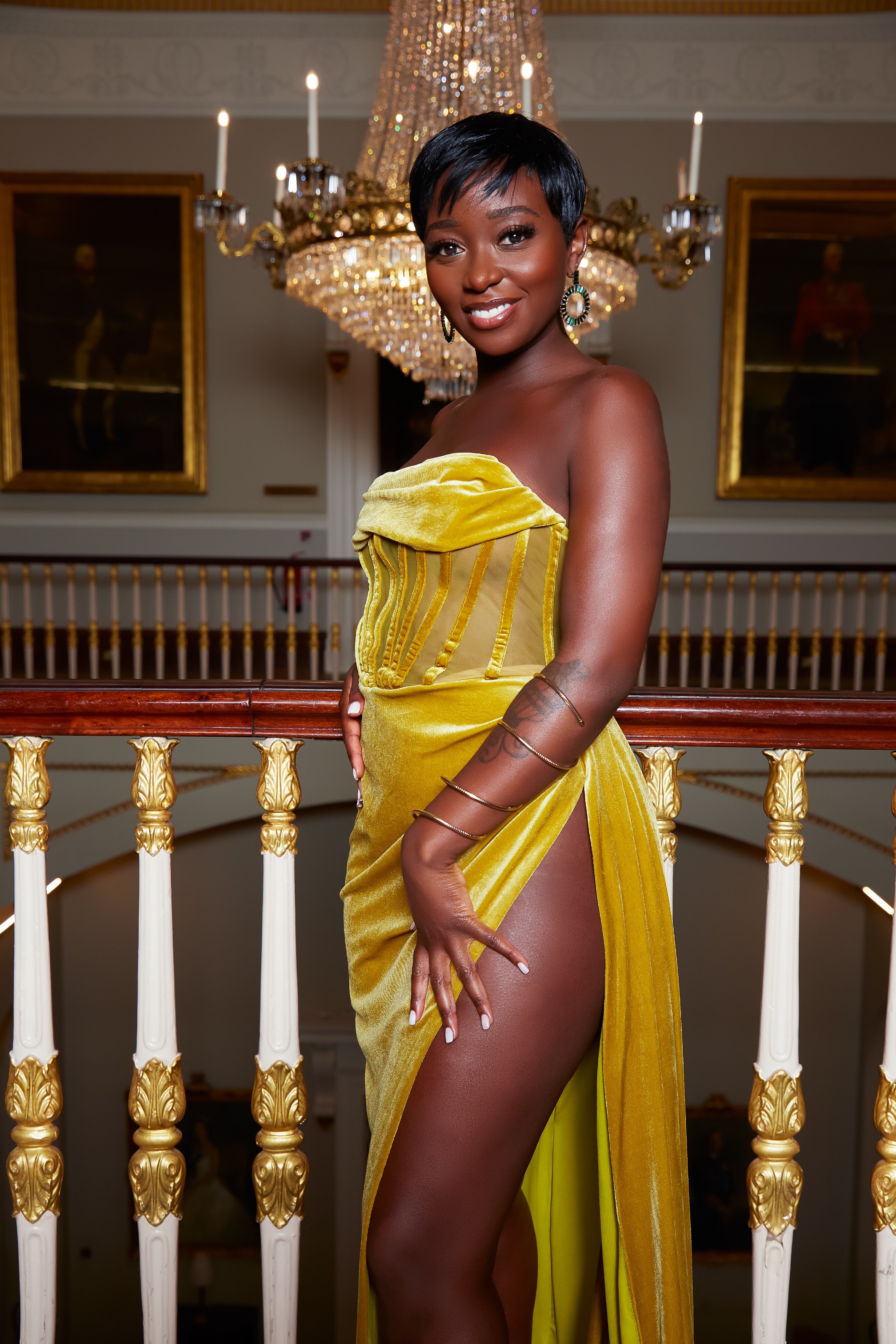
For Black British women, the intricate threads of our identities are so wonderfully matchless. However, when we consider the challenges that arise alongside intersectionality, we realise that being a Black British woman means fighting to be accepted in spaces that are rightfully ours to enter, more than any other demographic. We are simply not just given seats at any table. I don’t even think it is appropriate to say that our seats are earned. They are fought for. For many of the women we come across, the challenge of simply being seen or heard in a room, is enough to bury their voices. And that’s any woman from anywhere trying to navigate existing in a patriarchal society. But for the Black British woman, alongside defining who we are as members of the Black British community, we must also step into womanhood and comfortably position ourselves in relation to the various sectors of who we are. For those who manage to fight and win their seat at the table, there is a constant imposter syndrome, a continuous sense of self-doubt that leads us to question if our successes are ever good enough. When we are confidently successful, we are feared more than we are celebrated.
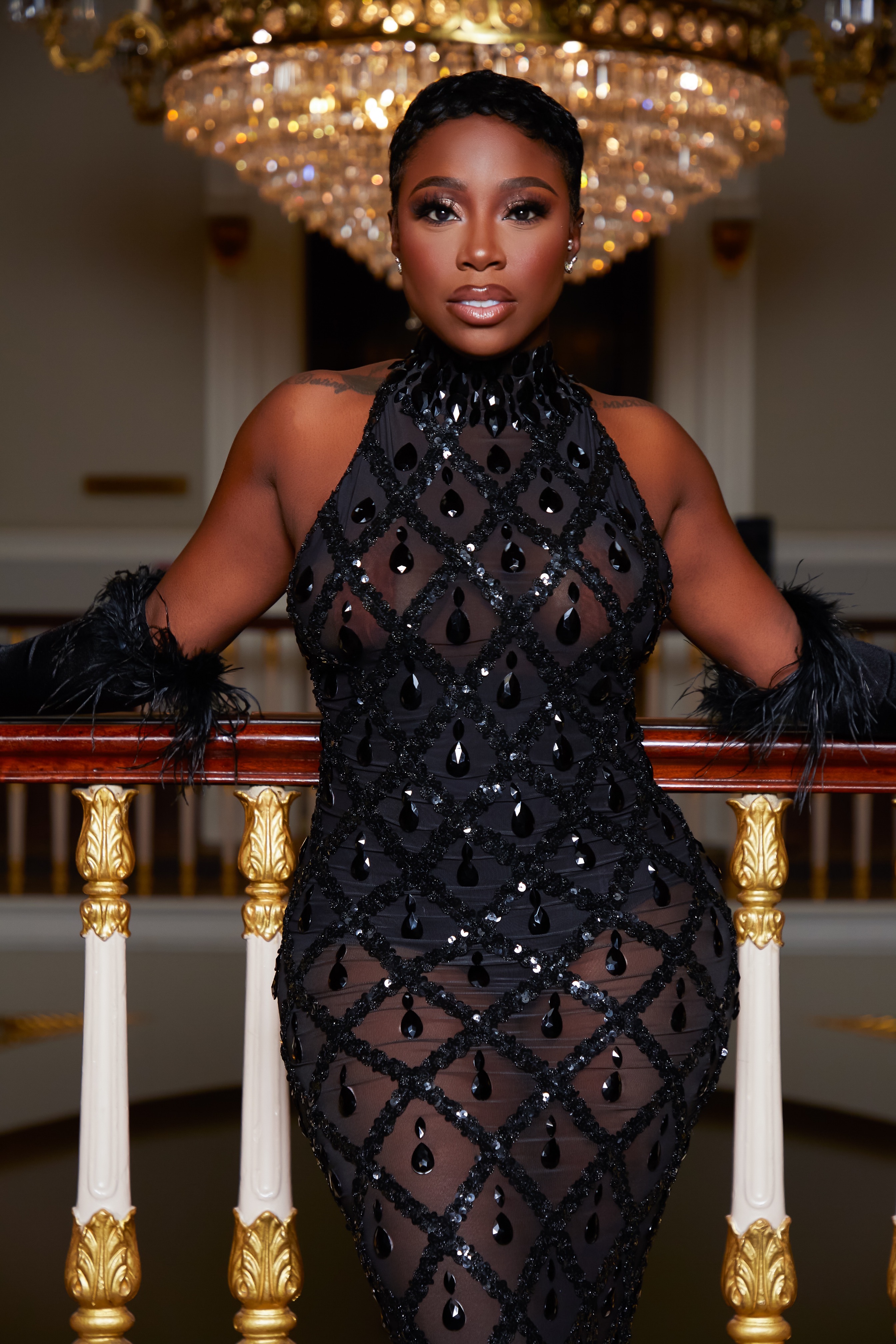
I write this article to celebrate Black British women and our fights to claim seats at the various tables of society.
I write to celebrate Black British women and everything we have achieved, both great and small.
From the powerhouses of Black British feminism: the Olonis and Kelechis. To those who shout for the voiceless, like Esther Falana.
For the controversial women who are unafraid to assert their opinions in a world that is all too ready to attack, like ZeZe Millz.
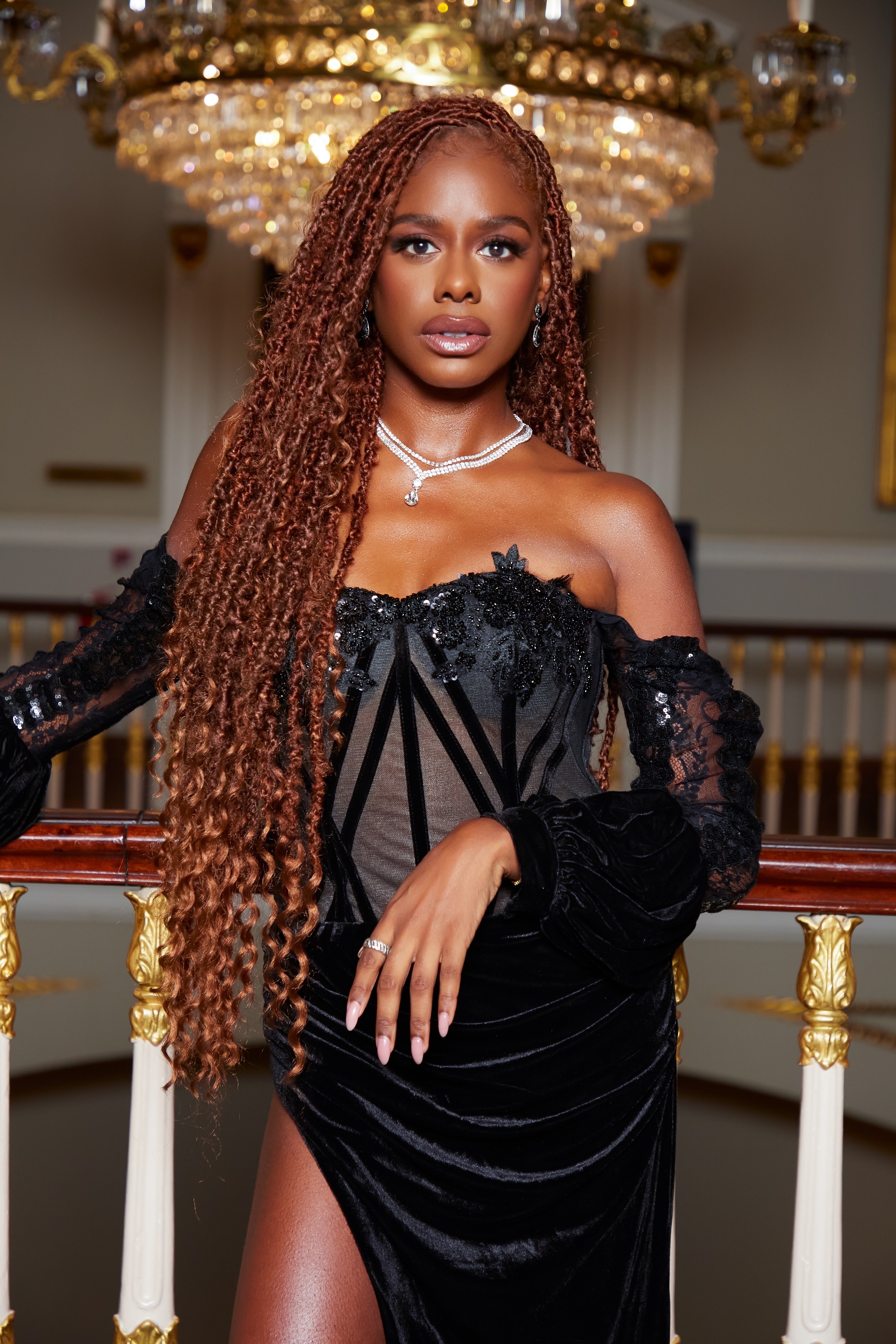
I write this article for the striking and talented ladies who juggle a whole host of skills to create online communities and represent Black U.K. sisterhood: for the Uches, the Wunmis and the Charlies who influence and inspire young black women.

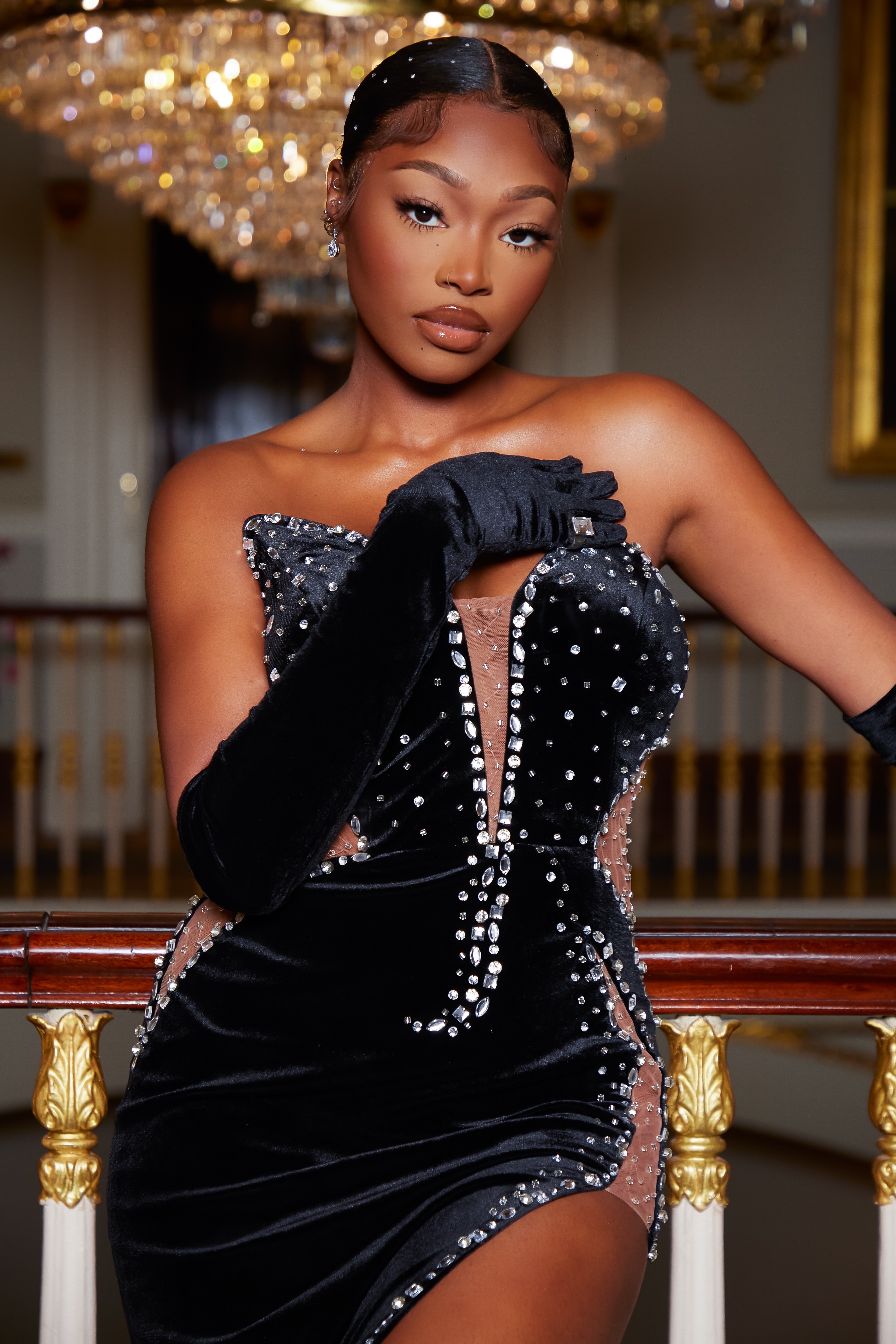
I write this article for the Black British big sisters like Audrey who speak words of wisdom to guide us through womanhood.
For the ladies who help us to laugh out loud in the face of the struggles we may be experiencing: the Hemahs and the Nella’s.
I write this article for the women who maintain the rhythm of life with a one-two step like Cocainna.
I write this article for our beauty therapists, essential cornerstones of Black British communities. Hairdressers, who listen and beautify us in their seats whilst living double lives as social activists, like Naomi Smith.
I also write this article for the woman who works a 9-5, for the stay-at-home mothers, for all those responsible for contributing to what it means to be a Black British woman.
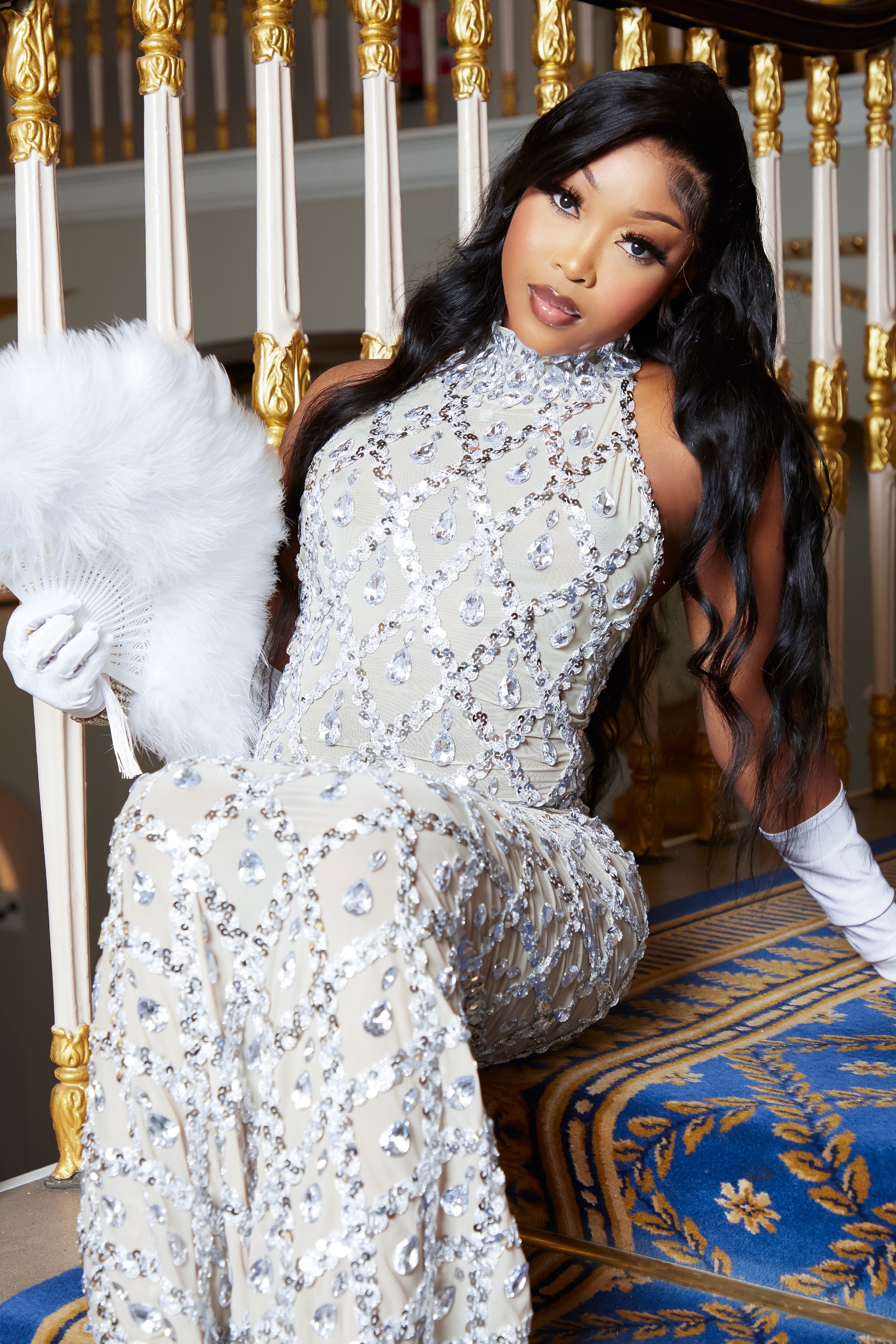
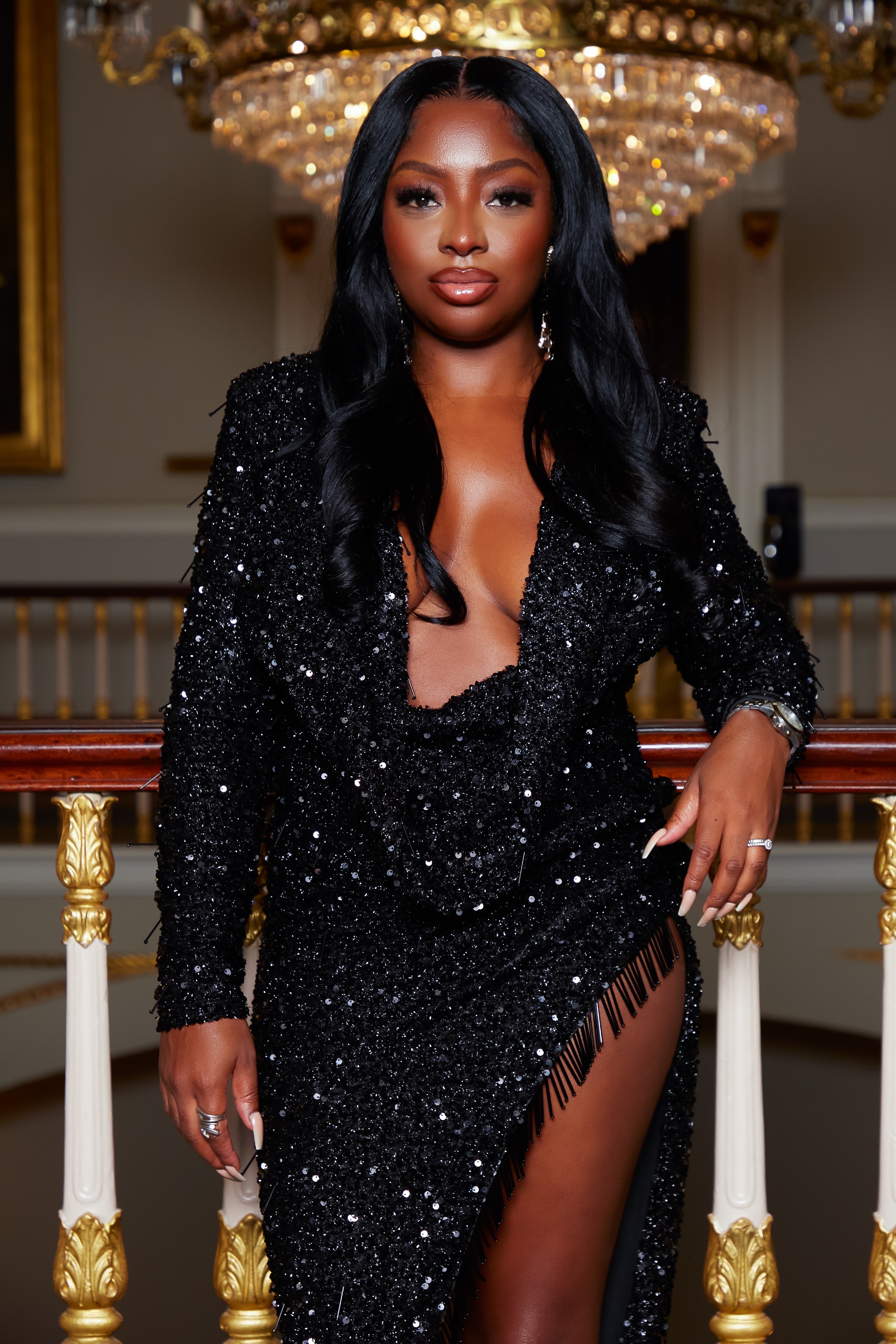
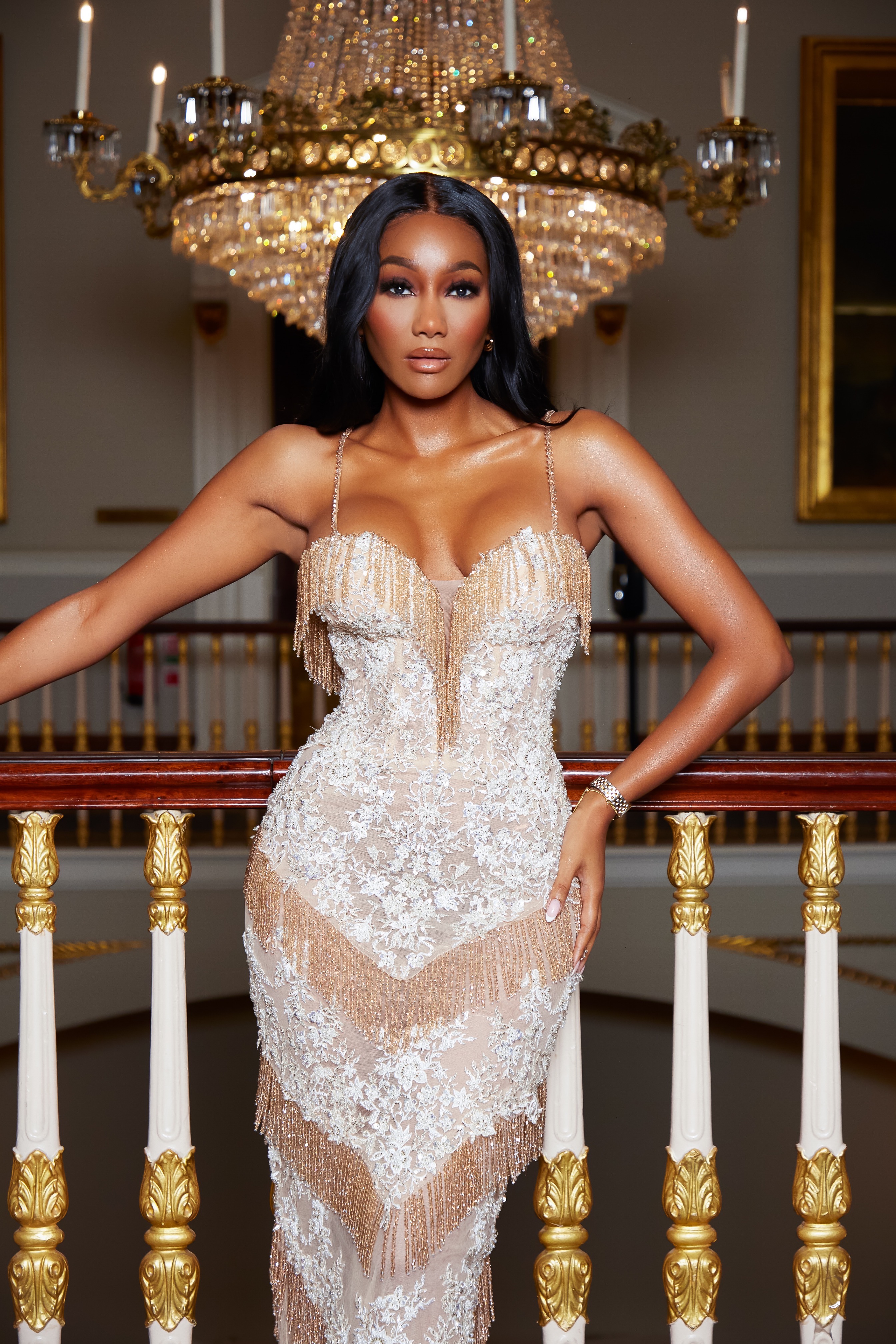
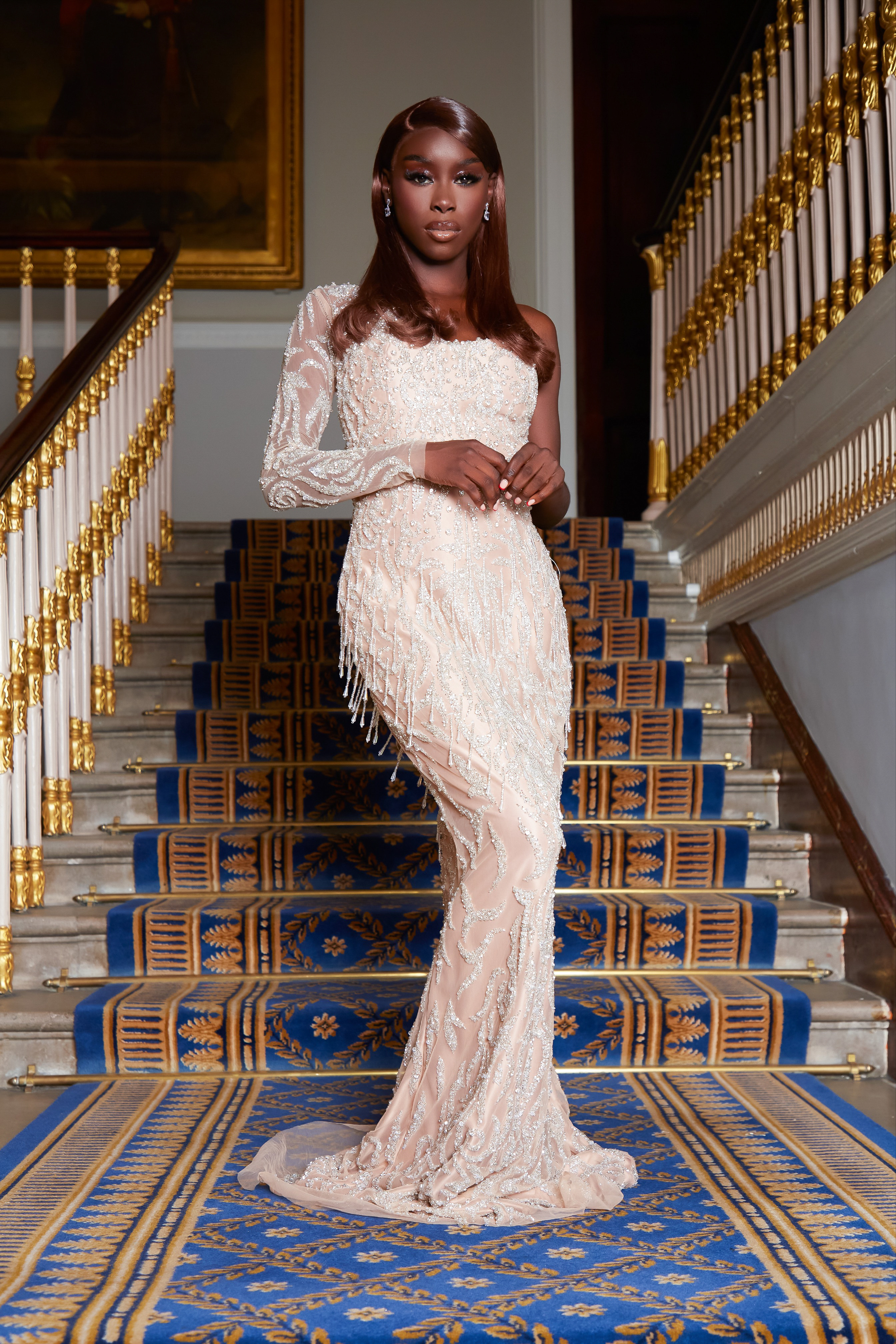
All of this excellence exists alongside the journey we are taking as a people to establish Black British culture and the struggles we face in an institutionally racist country. I know for many, sitting at the table is only the first step. Many of us will go on to dominate and lead in fields we never thought we could. And although we are still negotiating equity, it is important that we stop to celebrate the small wins.
The idea of Black women’s excellence is a topic that I believe the world flirts with but is too afraid and not yet ready to fully accept and embrace. A black woman being excellent is ever too dangerous of a statement to make boldly. And yet, whilst juggling the various challenges that intersectionality that has to bring, that is what we do. We thrive. We excel. And, one by one, we are claiming our seats at the table.
Written by Nissie Grace
Creative Director: @lolalistens_ @gwcreativ3
Photographer: @colourhousee
Makeup Artist: @milmadeuk @rantsmua @harriotsglam
Fashion Stylist: @sheldon.da.cr8tor
Dress Designer: @miss_e_fashion @zeynepkartalofficial
Hairstylists: @thelaceprince @thegirlthatdoeshair
Talent




![ZINO VINCI’S ‘FILTHY & DISGUSTING’EP BRINGS YOU TO THE CORE OF THE ARTIST [@ZinoVinci]](https://guap.co/wp-content/uploads/2023/10/Zino-4.jpg)

